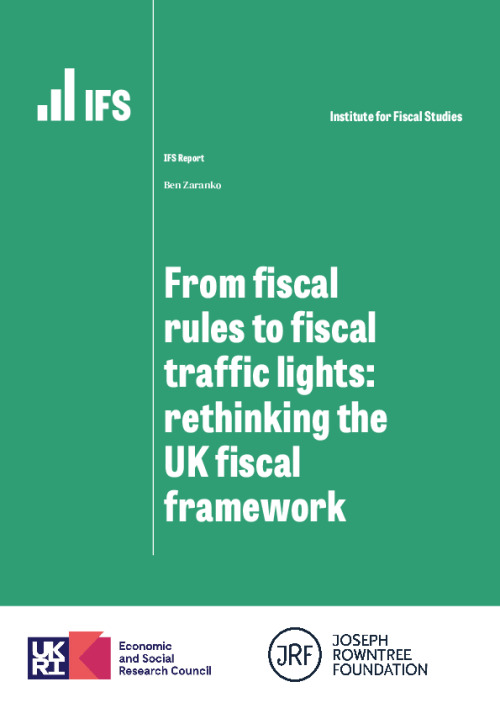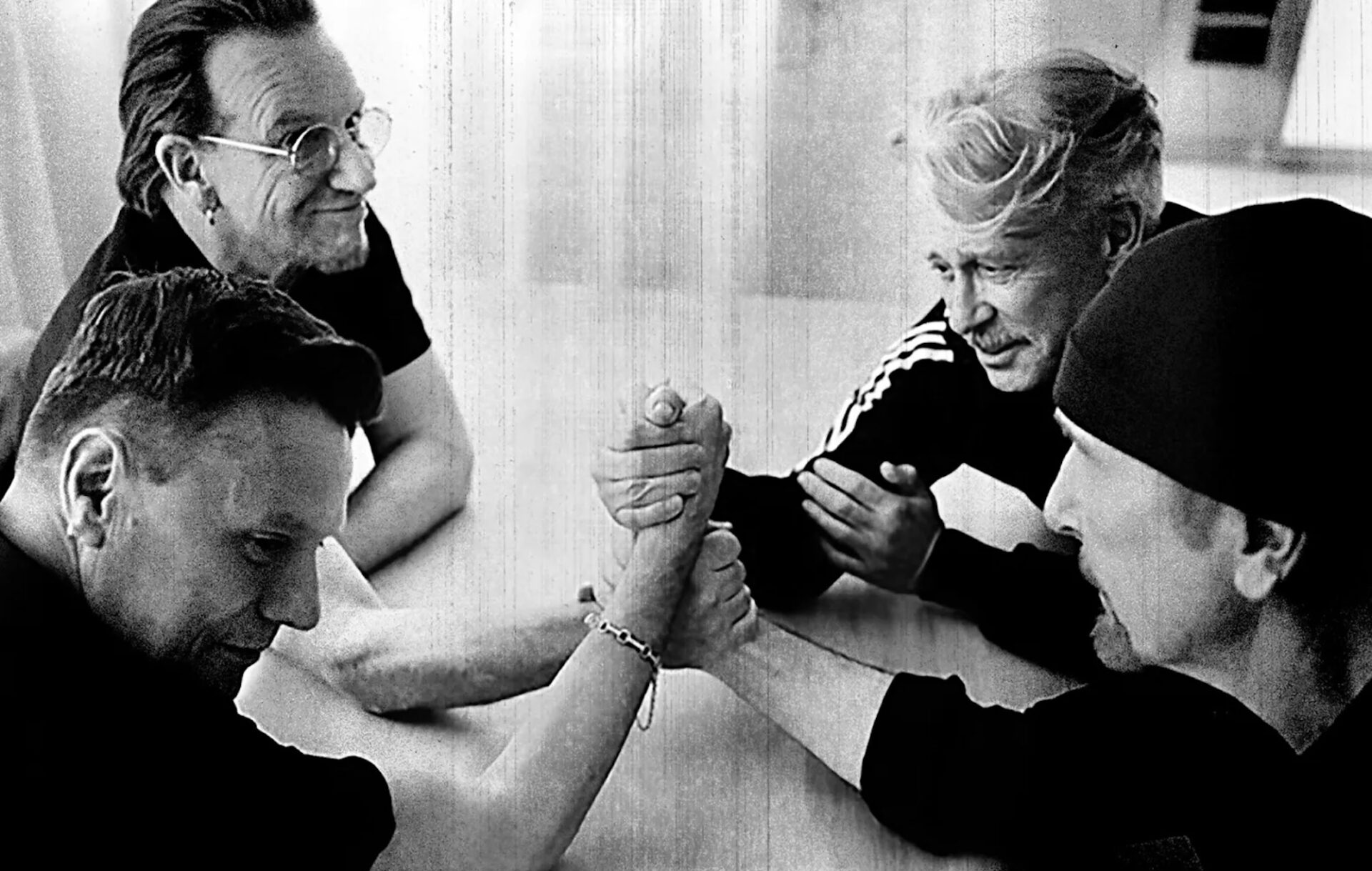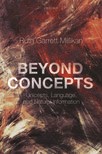Solomon, M. (2025). The Elusiveness of Hermeneutic Injustice in Psychiatric Categorizations. Social Epistemology, 39(2), 166–177. https://doi.org/10.1080/02691728.2024.2400068
Discussion of the
DSM inevitably followed (and in the above podcast). In questions the 'reality' of severe mental illness, and suggestion of the acute challenge of managing the negative symptoms of psychoses.
Prof. Solomon's conclusion was well worth waiting for, including:
[Added 4th March...] On Friday - Sam Fellowes, took on, or has taken on - the non-trivial issue of - Modelling psychiatric diagnoses when self-diagnosing - how does this work? Complexity was acknowledged on the first slide, with self-diagnosis, and modelling, set against the Duhem-Quine thesis.
This
technical aspect is welcome and no doubt essential given the
socio-technical nature of diagnosis, touching as it does the public
(society), primary care, psychiatry, service user groups, policymakers,
informatics, and HM Treasury, amongst several 'stakeholders'. With the
impact of the internet and social media, much (if not all?) of the
vocabulary of mental health professionals has been co-opted and
re-framed(?) by patient / service-user groups? It does not, for example,
appear that the agency behind the DSM will be able to claim it back.
Autism and ADHD were also discussed and debated. I located a previous
chapter by Sam (pay-wall):
Fellowes S. Self-Diagnosis in Psychiatry and the Distribution of Social Resources.
Royal Institute of Philosophy Supplement. 2023;94:55-76. doi:10.1017/S1358246123000218
This really is a thicket of thorns, it spreads as and wherever you go.
The
welfare bill is such that there should have been government Ministers
in attendance. I have responded on behalf of clients to PIP assessments.
Agencies have invited me to interview for 'Disability Assessor' roles.
Not only is this a complex web, but several logics obtain: a perverse
temporal logic operates, binary logic and a fixed mindset can develop so
that some (vulnerable!?) individuals can get stuck. Perhaps, a social
imperative steps in and disrupts, life chances: their being a NEET ('a
young person who is no longer in the education system and who is not
working or being trained for work'. Ecosia) is better for someone else?
To unpick, make sense of this, you need a foundational universal model.
'As it is widely known, epistemic injustice was introduced by Fricker (2007)
to unveil power relations that have negative consequences on people as
epistemic agents. She distinguished in particular two different kinds of
epistemic injustice: testimonial and hermeneutical. The first kind
occurs when a person (usually in a disadvantaged and oppressed role
within the epistemic relation) is damaged as a knower because, as the
name suggests, their testimony is overlooked, dismissed or invalidated.
The second kind of epistemic injustice occurs when a person is deprived
of the epistemic resources to even explain or articulate their
experience of distress, or of systemic oppression. In connection to
this, the concepts of neurodivergence and neurodiversity come from the
political and social arena, and are born explicitly to contrast dominant
pathologizing narratives in psychiatry.'
In
seeking some 'test' cases to try to model relationally, Hodges' model
suggests at least four - without letting the care / knowledge domains
wag-the-dog. Giulia's talk was very helpful, ranging across forms of
epistemic injustice (addressed by others too), identity,
neurodivergence, lived experience, self-, counter- and collective
narratives with references. A great resource.
Frank Denning, reminded me of an important phenomena, in Using Stebbing’s Directional Analysis to Evaluate ‘Mentalizing’. Talking
therapies, or more properly referral to talking therapies often
presents several criteria that would-be subjects must 'pass'. An ability
to mentalize, can represent one. This is understanable, for
effectiveness, efficiency, efficacy ... it is to be found in the manual.
But, in terms of power relations, gate keeping in various forms is a
literal (virtual) key to service access. Hodges' model is no different
(sigh!). At what age can people start to use Hodges' model? What
mentalization is involved to cognitively engage in use of Hodges'
model?
I struggled to obtain a copy of Stebbing's original work from 1930, but see how closely tied the work is to physics. An
Internet Archive copy is poor quality. The search will continue, as I suspect there are links to Bill Ross's text on
Deleuzian cosmology. It is marvellous that work from 1930 resonates today. There is:
Janssen-Lauret, F. (Accepted/In press). Directional Analysis in Susan Stebbing’s Philosophy of Physics. In S. Chapman (Ed.), Susan Stebbing on Logic and Analysis Springer Nature.
https://pure.manchester.ac.uk/ws/portalfiles/portal/338653274/Directional_Analysis_in_Susan_Stebbing_s_Philosophy_of_Physics_Final_.pdf
Gloria Ayob - Flourishing as mental health - was encouraging. 'TASK 1:EQUATION' a slide was titled, including emotional disorder is
meta-evaluative; there are negative and positive poles, plus isomorphism
between unpleasantness-pleasantness and disorder-health. I think my
stomach was protesting I should have paid more attention. There is a
blog post by Gloria: https://blog.oup.com/2024/12/the-concept-of-emotional-disorder/
After lunch Richard Hassall - Hermeneutical Injustice and Damaged Intellectual Self-Trust in Psychiatric Service Users,
a reminder of the time and effort that needs to be put into public and
patient involvement and engagement in mental health service (when this
is desired). References included J.L. Austin and J.S. Bruner. A paper:
Hassall R. Sense-making and hermeneutical
injustice following a psychiatric diagnosis. J Eval Clin Pract. 2024
Aug;30(5):848-854. doi: 10.1111/jep.13971. Epub 2024 Feb 20. PMID:
38375925.
https://onlinelibrary.wiley.com/doi/10.1111/jep.13971
Scoping reviews are more common it seems: Lara Calabrese - Exploring epistemic injustice in dementia care: a scoping review and a qualitative study, plus paper [with QR code on the slide]:
Calabrese L, Brigiano M,
Quartarone M, Chirico I, Trolese S, Lambiase F, Forte L, Annini A,
Bortolotti L, Chattat R. I'm still here and my opinion matters: a
scoping review on the experience of epistemic injustice among people
living with dementia. Curr Psychol. 2025 Dec
17;45(1):s12144-025-08519-y. doi: 10.1007/s12144-025-08519-y. PMID:
41445984; PMCID: PMC7618523.
The paper's title here brought to mind the radio programme "
Does He Take Sugar?"
Questions followed regards the studies methods. Since leaving I
wondered if there has been an evaluation of Dementia Friendly
Communities? Are there dots to usefully joined there?
The final talk was delivered (with gusto - pepped me up anyway) by Jacob Barlow -
Epistemic borders: experts, communities, communication. Jacob's
interest in pragmatism was apparent. I look forward to reading future
work, and note Liverpool 2025: ‘Problems with Pragmatism in the
Philosophy of Psychiatry’.
All in all, a stimulating and enjoyable event.







 orcid.org/0000-0002-0192-8965
orcid.org/0000-0002-0192-8965

